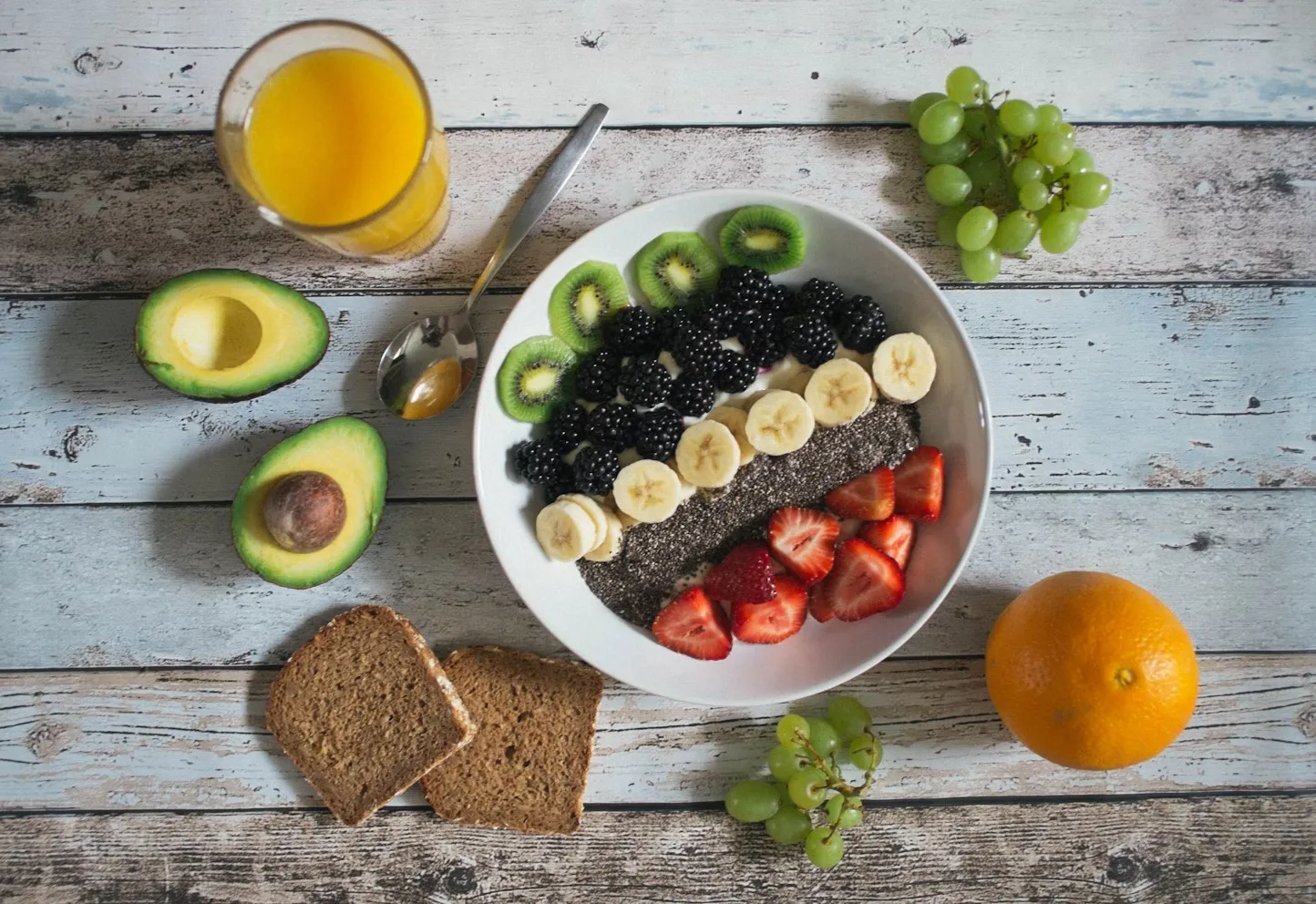Embarking on a journey towards weight loss often begins with effective meal planning. This comprehensive guide covers essential tips, delicious recipes, and practical advice to help you achieve your goals.
Effective Tips for Meal Planning for Weight Loss
Successful meal planning starts with setting realistic goals and understanding your nutritional needs. Begin by calculating your daily calorie intake and choosing nutritious, balanced meals that support your weight loss efforts. Incorporate a variety of fruits, vegetables, lean proteins, and whole grains to ensure you’re getting essential nutrients while controlling calorie intake.
Delicious and Healthy Recipes
Explore a range of delicious recipes designed to support weight loss without sacrificing flavor. From vibrant salads and hearty soups to satisfying main dishes and nutritious snacks, these recipes are both easy to prepare and packed with wholesome ingredients. Discover new flavors and cooking techniques that make healthy eating enjoyable and sustainable.
Practical Steps to Implement Meal Planning
Implementing a meal planning routine involves practical steps such as batch cooking, portion control, and mindful grocery shopping. Plan your meals for the week ahead, prep ingredients in advance, and store meals in portioned containers to streamline your daily eating habits. This approach not only saves time but also ensures you have healthy options readily available, reducing the temptation to make unhealthy food choices.
Conclusion
Meal planning for weight loss is a powerful strategy that promotes healthier eating habits and supports sustainable weight management. By incorporating these tips, recipes, and practical steps into your routine, you can take control of your nutrition and work towards achieving your weight loss goals effectively.
FAQs
1. How many meals should I plan per day for weight loss? Planning three balanced meals and two nutritious snacks per day can help maintain energy levels and prevent overeating.
2. Can meal planning help save money on groceries? Yes, meal planning allows you to buy ingredients in bulk, reduce food waste, and avoid impulse purchases, which can save money over time.
3. Are there specific foods I should avoid when meal planning for weight loss? Limit processed foods, sugary snacks, and high-calorie beverages, and focus on whole, nutrient-dense foods for optimal results.
4. Can I customize meal plans to accommodate dietary preferences or restrictions? Absolutely! Meal planning can be tailored to accommodate vegetarian, vegan, gluten-free, or other dietary preferences to ensure you enjoy meals that suit your needs.
5. How can I stay motivated to stick to my meal plan? Set achievable goals, track your progress, and reward yourself for milestones to stay motivated and committed to your weight loss journey.

